There's more than one type here at NHS Blood and Transplant, and more than one way to start and develop your career.
We've spoken with people across the organisation to find out more about their everyday working life and how they ended up in their current role.
Read our stories
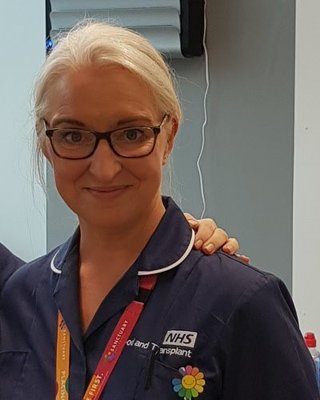
Paula's story
What’s an average day like for Paula, working as a Registered Nurse in plasma for medicine?
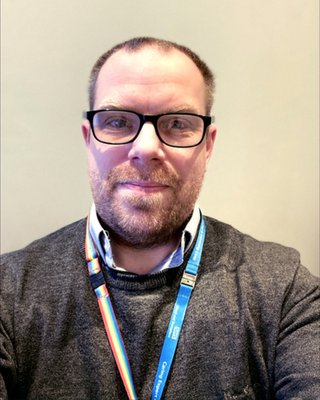
Matthew's story
What’s life been like for Matthew since joining as a Cloud and Network Architect?
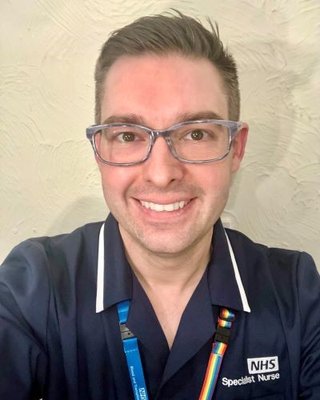
Paul's story
How did Paul’s journey into nursing lead him to improve the way we work through technology?
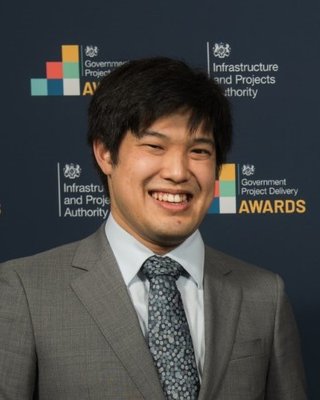
Ross' story
How did Ross become a Data Architect and Product Owner?
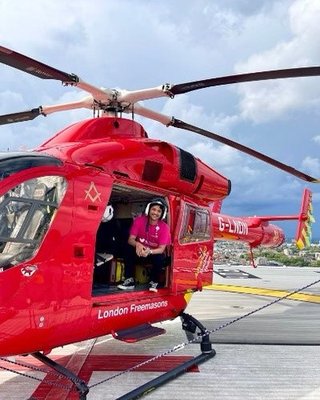
Shalom's story
What makes Shalom proud to be a Specialist Nurse in Organ Donation?

Bioku's story
What makes Bioku love working in data and technology here?
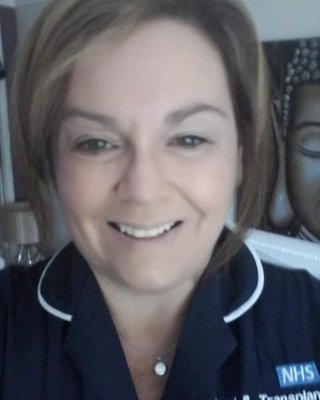
Angela's story
Angela didn’t know what to expect when she first joined us as a Specialist Nurse in Tissue Donation, but what can she tell us six years on?
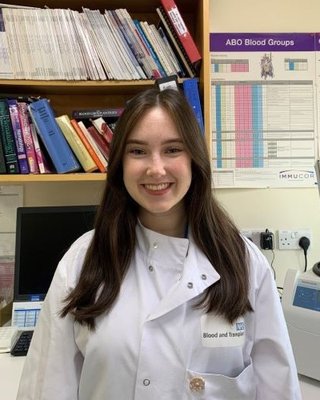
Jenna's story
How did Jenna become a Biomedical Scientist at NHS Blood and Transplant?
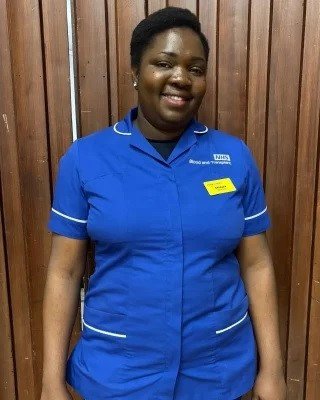
Chinaza's story
What was Chinaza's journey to becoming a registered nurse?

Debbie's story
What made Debbie want to stay with us through 30 years of dedication and growth?